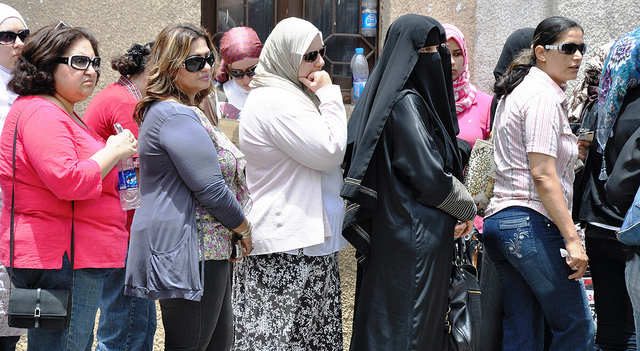Muslim mobs insult Muhammad’s legacy
Whether or not it turns out (as I expect it will) that Middle-Eastern Muslim mobs were duped by jihadist radicals — provoked by an old, fringe video to provide cover for their own planned attacks on Muslim-friendly American forces in Egypt, Libya and Yemen — those mobs are a worse insult to Muhammad and Islam that anything an ignorant non-Muslim could ever do.
Read More
